Thousands of birds are being sold — often illegally — in Thailand’s markets, a new study has found.
On a single weekend in March 2015, researchers from TRAFFIC, the wildlife trademonitoring network, found a total of 117 species of birds on sale at the Chatuchak weekend market in Bangkok, Thailand.
These included nine species listed as threatened on the IUCN Red List, including two endangered species, the White Cockatoo (Cacatua alba), the Lilac-crowned Amazon (Amazona finschi), and one Critically Endangered species, the Yellow-crested Cockatoo (Cacatua sulphurea).
Eight of the species on sale are Near Threatened, researchers write in the study published BirdingASIA, the bulletin of the Oriental Bird Club.

The zebra dove (Geopelia striata) and the red-whiskered bulbul (Pycnonotus jocosus) were two of the most commonly sold birds. Both birds are popular entries in bird singing competitions, the researchers say.
In fact, soaring demand for red-whiskered bulbuls is fueling increased trappingof wild bulbuls.And thishas resulted intheir disappearance frommuch of their range in Thailand, the researchers say. Several owls were also on sale, according to the study, their high demand likely fueled by the “Harry Potter” films.
Of the species being sold, more than half were native to Thailand and on the country’s national list of protected species. This means that their capture and trade is illegal.
Around 56 non-native species were on sale, the team observed, including parrots and channel-billed toucans from South America. More than half of these species are listed in Appendix I or II of the Convention on International Trade in Endangered Species of Wild Fauna and Flora (CITES), meaningthat all international commercial trade in those species are either prohibited, or require a permit. The researchers say that many of these non-native species may have been bred in Thailand, but it is possible that some may also have been smuggled into the country.
“Little is known about the commercial breeding of birds for sale in Thailand although it is common practice for wild-caught birds to be laundered as captive bred in Asia,” Serene Chng, co-author and Programme Officer with TRAFFIC, said in a statement. “There is a clear need for Thailand to do more to monitor and regulate captive breeding operations.”

Most birds being traded in the market also seemed to be in poor condition, the team observed. Many of the birds were gaping and lying on their side with wings partially spread, the authors write, indicating overheating and dehydration. Some birds were on the verge of unconsciousness, which suggests a high level of mortality, they add. The traders had also decorated several birds with ribbons to make them more attractive to potential buyers.
To ensure that wild-caught birds are not being traded, the TRAFFIC team urges the Thailand’s government to increase monitoring and regulation of captive breeding operations.
Currently, loopholes in Thailand’s Wild Animal Reservation and Protection Act (WARPA) allow all non-native CITES-listed species, that have evaded Customs checkpoints, to be traded within the country’s boundaries nation, according to the study.
“The loophole is taken advantage of by unscrupulous dealers and undermines enforcement and conservation efforts,” Chris R. Shepherd, Regional Director for TRAFFIC in Southeast Asia, said in the statement.
But the Thai government is now reviewing WARPA, the researchers say, to include non-native species that not currently protected by national laws, but are listed in the CITES.
The study also recommends re-evaluation of the status of owl species on the IUCN Red List, especially sincelarge numbers of these birds continue to be traded in markets, threatening their wild populations.
“Although illegal wildlife trade is increasingly moving to online platforms, markets like Chatuchak remain important for both legal and illegal trade in species that enter Thailand and clearly need to be closely monitored and regulated,” Nonn Panitvong, a committee member for the Bird Conservation Society of Thailand, the national BirdLife partner in Thailand said in the statement
CITATION:
- Chng SCL & Eaton JA (2016). Snapshot of an on-going trade: an inventory of birds for sale in Chatuchak weekend market, Bangkok, Thailand. Birding ASIA 25 (2016): 24–29.
This article was first published by Mongabay.com on 02 Aug 2016.
We invite you to share your opinion whether Thailand’s illegal bird trade should be stopped? Please vote and leave your comments at the bottom of this page:
Thank you for voting.
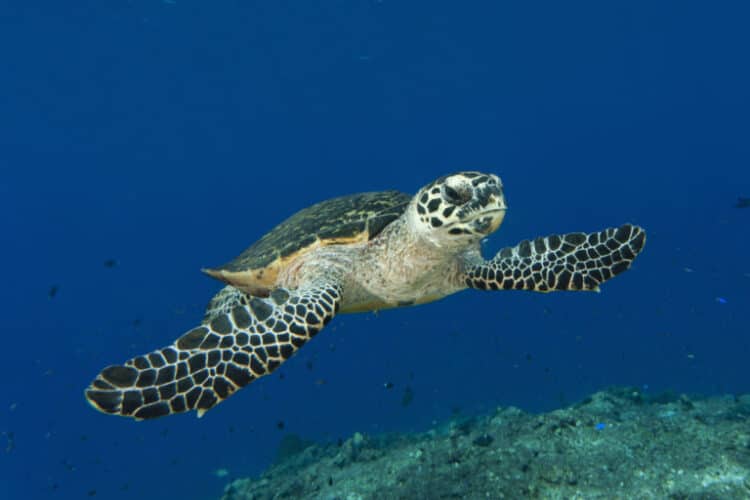
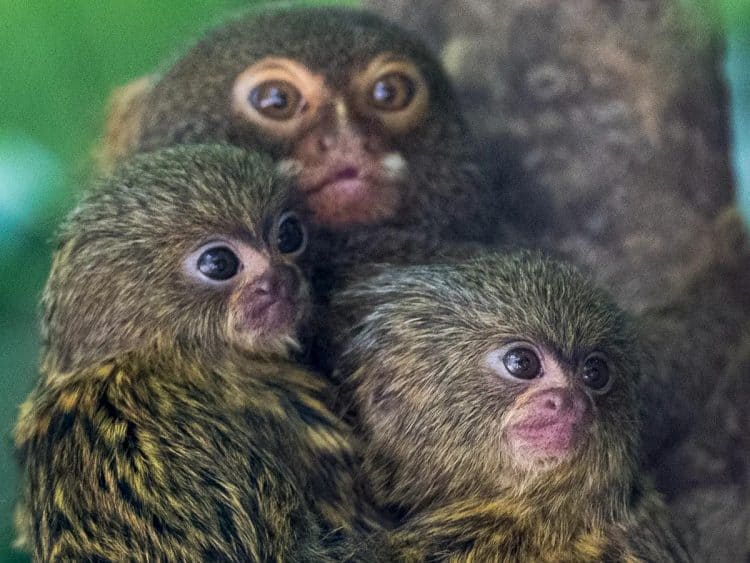
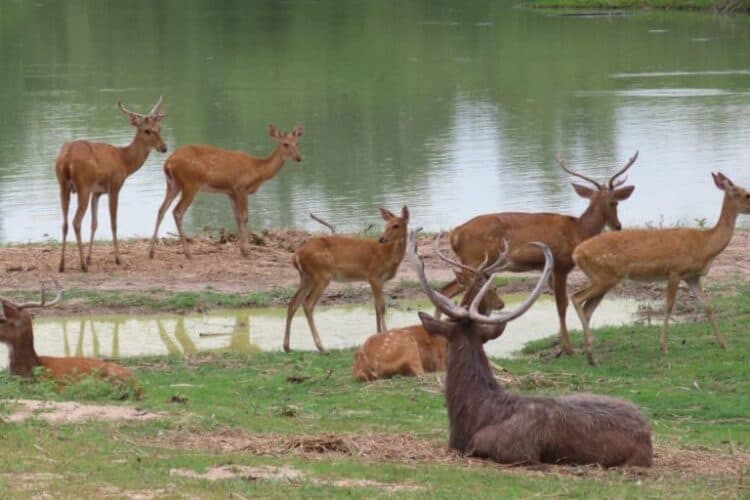
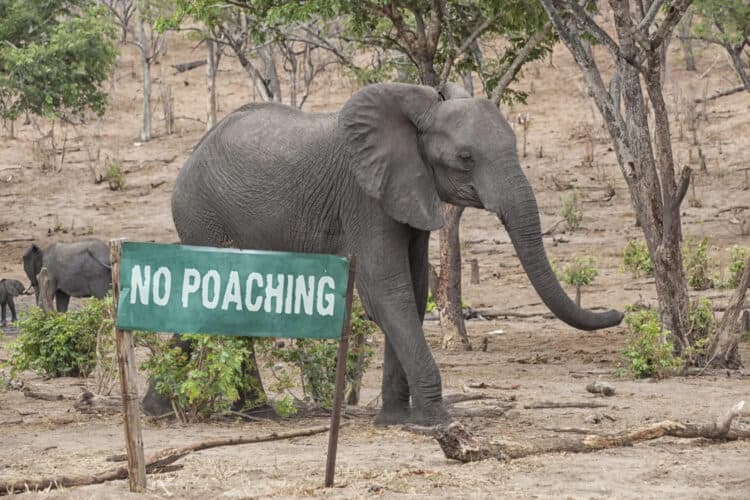
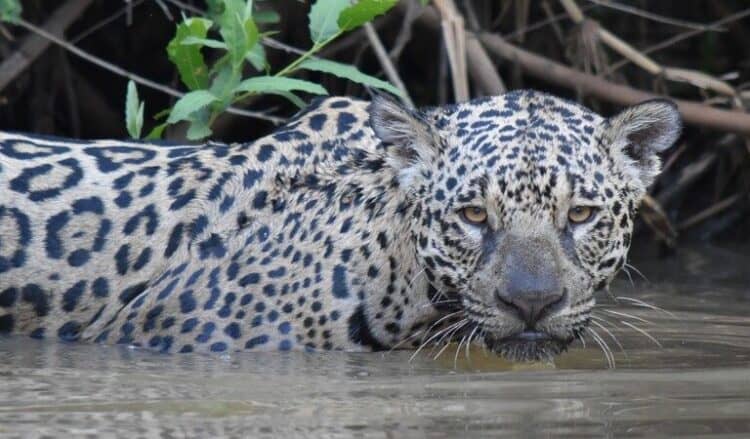
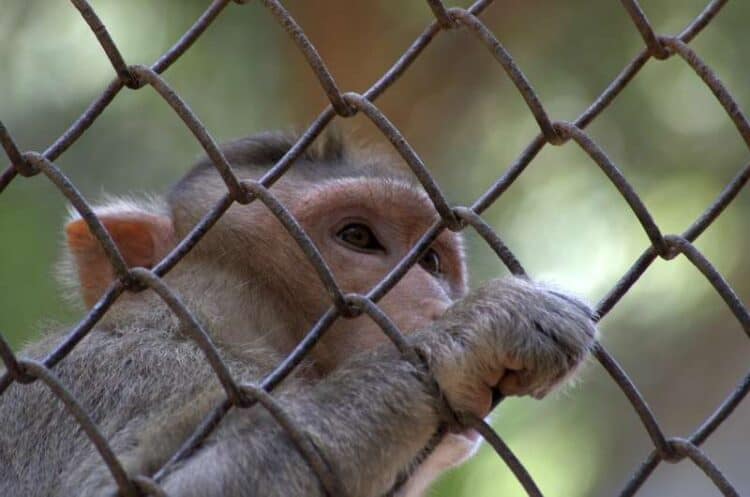
Leave a Reply